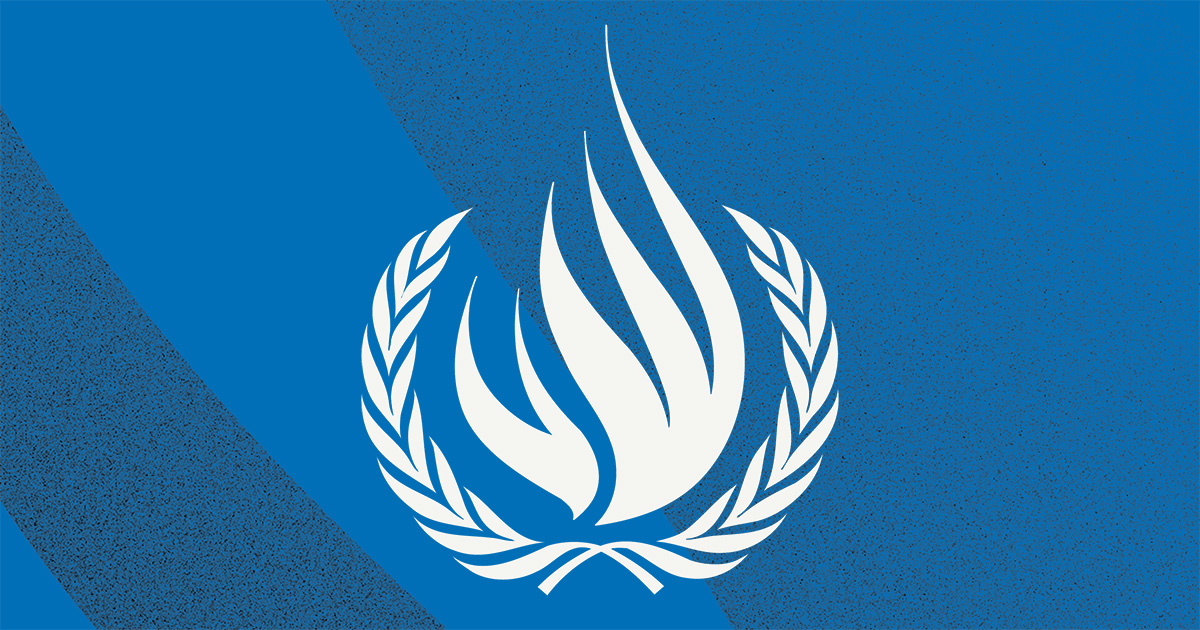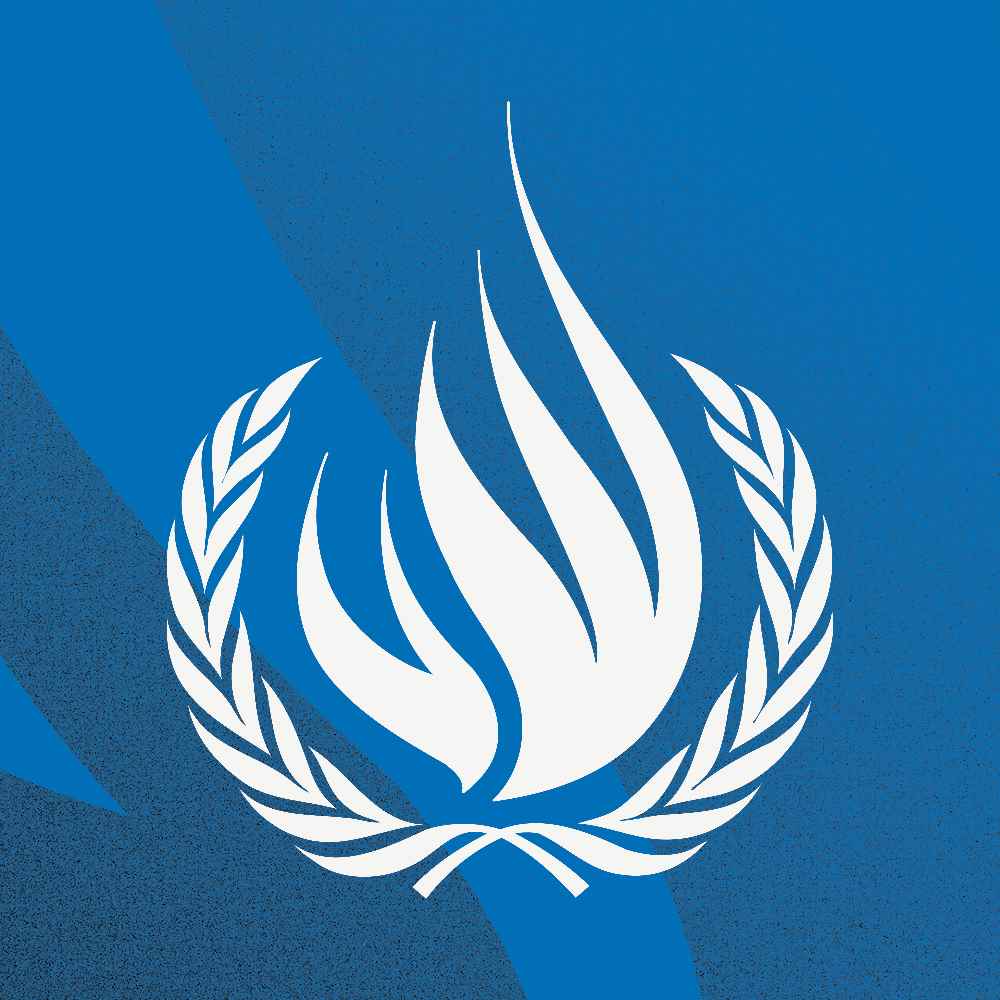
GENEVA (22 March 2022) - UN human rights experts* have expressed dismay at the Peru Constitutional Court’s decision to restore a presidential pardon and to release former president Alberto Fujimori, saying it represents an unacceptable regression in the country’s fight against impunity for gross human rights violations committed during his administration.
“Victims of human rights violations waited for a long time for justice, and this decision represents a hurtful setback for them,” said the experts, noting that the presidential pardon granted in 2017 had been found to be inconsistent with legal requirements.
The Constitutional Court’s decision on 17 March 2022, and the arguments underpinning it, are not yet publicly available. “Unless warranted by reasons deemed clearly acceptable under domestic and international law, the annulment of the effects of the 25-year sentence against Mr. Fujimori would represent a serious blow to justice and the rule of law, and a violation of the right to justice of victims and their families,” they said.
Mr. Fujimori was sentenced to 25 years in prison in 2009 for crimes against humanity under international law, including extrajudicial executions, torture, enforced disappearances and kidnappings. His conviction, following a judicial process that met national and international fair trial standards, had been praised internationally and considered an important achievement in the fight against impunity.
“The Constitutional Court’s decision to release Mr. Fujimori and to restore a presidential pardon that had been granted to him in 2017 appears to be inconsistent with international human rights standards which restrict the use of pardon in cases involving crimes against humanity,” the experts said.
The pardon granted by former president Pedro Pablo Kuczynski had been justified for humanitarian reasons on account of Mr. Fujimori’s advanced age. The Inter-American Court of Human Rights expressed “serious concerns” regarding the satisfaction of legal requirements in granting the presidential pardon. In 2018, Peru’s Supreme Court revoked the pardon, prompting his return to prison. In 2021, Mr. Fujimori filed a habeas corpus petition to annul the 2018 Supreme Court sentence that revoked the pardon.
The experts recalled their 2018 statement on the question of Fujimori’s pardon, where they underscored the concrete requirements for the granting of pardons for humanitarian reasons which must be carefully observed in order to avoid arbitrariness.
“Only imminent terminal illnesses can lead to granting of pardons; however, such benefits cannot be granted owing to the mere passing of time, the age of the person, or the general physical or mental state resulting from age,” they said.
“In such cases, States must guarantee the right to health through medical services provided in prison, or transfers to specialised medical centres.” Mr. Fujimori enjoys adequate detention conditions in Barbadillo prison.
The experts added that the early release of people convicted of serious human rights violations and international crimes is at odds with international human rights law. “The international community recognises the need to restrict the use of procedural benefits in favour of those responsible for serious human rights violations, so that this does not have the effect of rendering criminal justice illusory and undermining victim’s and society’s trust in the rule of law and State institutions,” they said.
It is unclear how the Constitutional Court’s decision will affect pending accusations and trials against Mr. Fujimori, including for the Pativilca massacre of 1992 and the forced sterilizations of thousands of mostly indigenous women.









